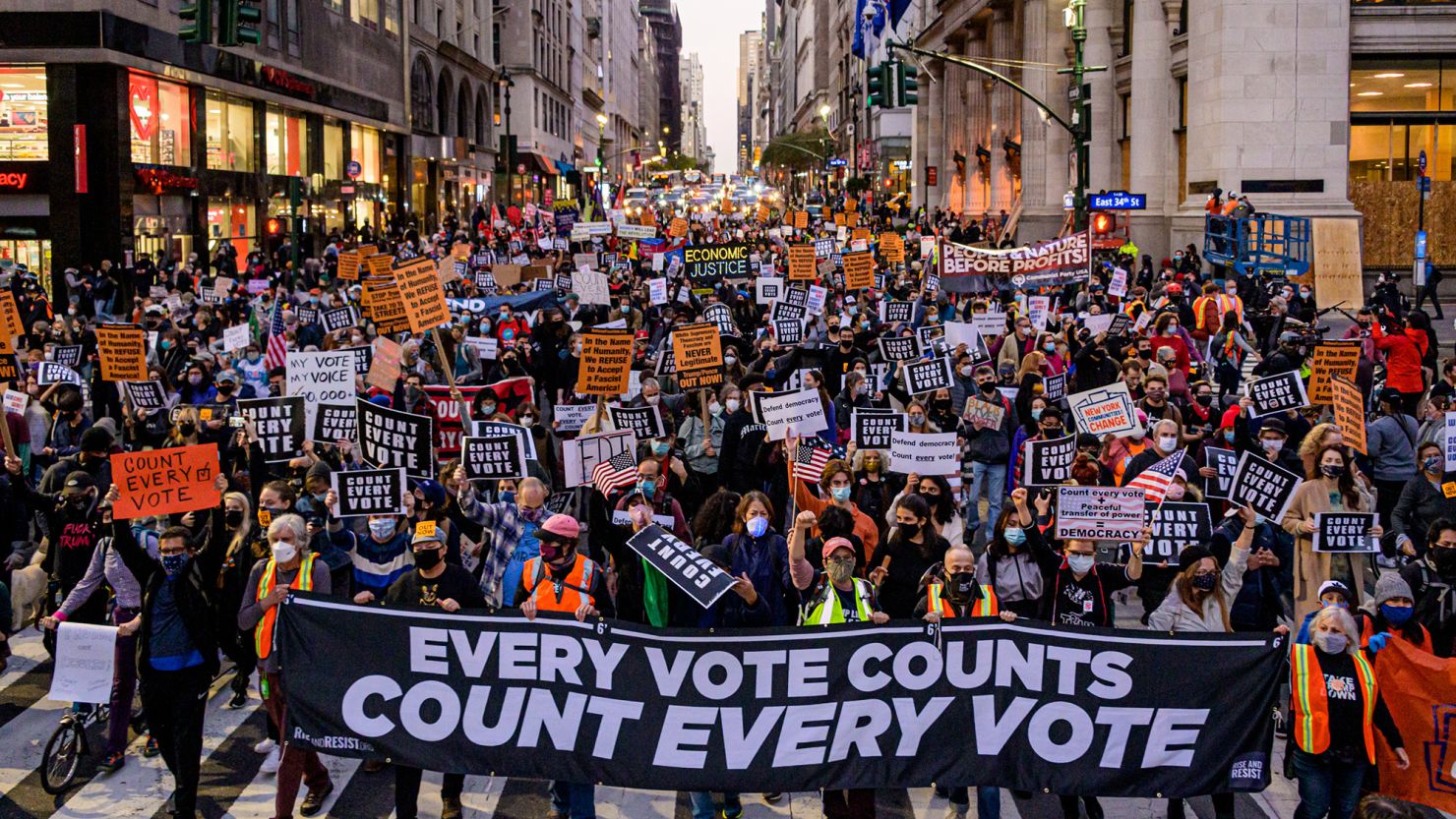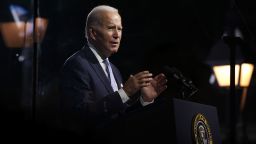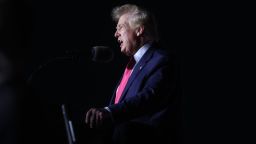Editor’s Note: Paige Alexander is the CEO of The Carter Center, the not-for-profit organization founded by former US President Jimmy Carter and his wife, Rosalynn. Gleaves Whitney is the executive director of the Gerald R. Ford Presidential Foundation, which fosters increased awareness of the life, career, values and legacy of former President Gerald R. Ford. The views expressed in this commentary are their own. View more opinion on CNN.
Many politicians these days seem to think they have to play dirty to win, that truth is optional and that they don’t have to accept the results if they lose. We have news for them: American voters are fed up with scorched-earth campaigning and want their leaders to act like adults. They want candidates to follow the rules of decency and civility. They want national healing and reconciliation.
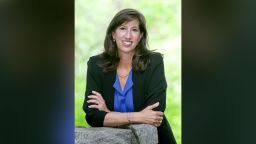
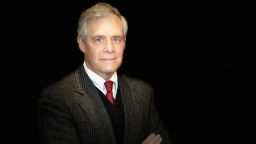
To that end, on September 13, the Carter Center, the Gerald R. Ford Presidential Foundation, and 50 other organizations – including businesses, suburban moms and former lawmakers from across the political spectrum – launched the Candidate Principles for Trusted Elections. They are a simple set of ideals fundamental to the successful functioning of democracy. We are calling on candidates for state and federal offices to commit to support and abide by these five principles:
1. Honest Process: Cooperate with election officials, adhere to rules and regulations, and refrain from knowingly propagating falsehoods about the electoral process.
2. Civil Campaign: Encourage a peaceful election atmosphere during the pre-election, polling, counting, and post-election periods. Denounce any attempt to intimidate, harass, threaten, or incite violence against opponents, their supporters or election workers.
3. Secure Voting: Respect voters’ freedom to exercise their lawful rights to register and vote, free from interference, obstruction or intimidation.
4. Fair Oversight: Encourage political parties and others to train poll-watchers on the election process and appropriate roles and behaviors, responsibilities and obligations.
5. Trusted Outcomes: Make claims of election irregularities in accordance with the law and acknowledge the legitimacy of the outcomes after the results have been certified and all contestations decided.
The Carter Center has made a name for itself internationally by serving as an impartial observer of 113 elections in 39 countries since 1989. In 2020, as the US partisan divide and rhetoric grew ever sharper, the Center felt it should begin putting that expertise to use at home.
We’re doing that by educating voters about how our electoral processes work and encouraging more nonpartisan election observation in the US. We’re also building networks of politically diverse local leaders in Georgia, North Carolina, Florida and Arizona – four states marked by especially fierce political division – but candidates, individuals and organizations everywhere are encouraged to sign on.
As the November election approaches, some candidates already have taken heed.
In Georgia, Republican Brad Raffensperger, Democrat Bee Nguyen, and Libertarian Ted Metz – rival candidates for secretary of state, the office most directly involved in conducting elections – have together committed to the Candidate Principles for Trusted Elections. Democratic gubernatorial candidate Stacey Abrams has joined them. By signing their names, these candidates have staked their reputation and character to carrying out a civil, issue-oriented campaign and accepting the results. We applaud their leadership and call on other sets of competing candidates to do likewise.
American history celebrates leaders who have exemplified decency and reconciliation. Our own organizations were founded by former presidents who held vastly different political views yet believed it was possible to disagree while still liking and respecting each other.
President Gerald R. Ford, a Republican, led the country out of and beyond the bitter divisions of Watergate. President Jimmy Carter, a Democrat, has dedicated his life to building hope in our country and many others. Despite having competed fiercely against each other in their bids to win the White House in 1976, Ford and Carter worked together for decades after their presidencies, embodying the ideal of healing that is essential to a thriving republic.
Spirited competition is inevitable in a democracy, even essential to it. At the same time, the United States clearly needs healing now – healing centered on reestablishing shared trust in our most important institution, our electoral system. If America is going to preserve fair elections – indeed, if it is going to preserve the republic – our politicians must return to these bedrock values.
Individual voters and grassroots organizations can make a difference. Ask your candidates to lead by example and agree to the Candidate Principles for Trusted Elections. Speak to your family members and social networks on behalf of fair and peaceful elections.
Although they are frequently drowned out by louder voices at far ends of the political spectrum, most voters want their leaders to exemplify common decency and common sense, even in the heat of a campaign. It is high time for our candidates – the people aspiring for positions of public service – to take the lead in helping to heal our country.
